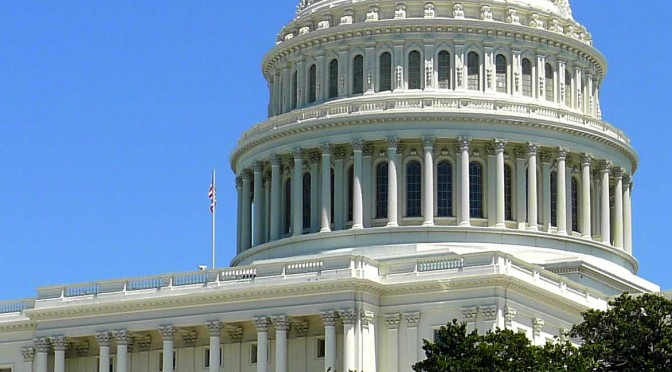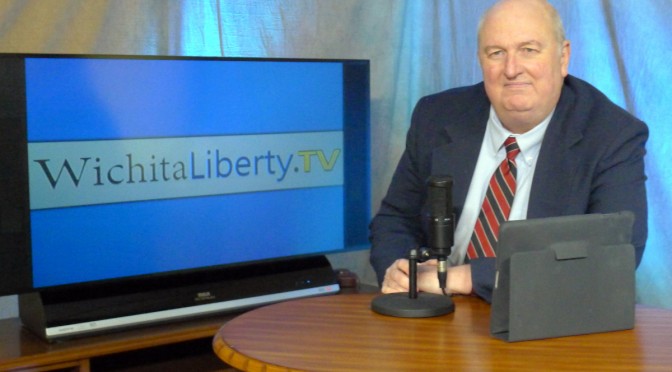Tag: Elections
-
For Kansas’ Roberts, a shift in voting sentiment
Kansans should be happy that Senator Pat Roberts is voting in a fiscally conservative way. Happy, but skeptical.
-

WichitaLiberty.TV: Water, waste, signs, gaps, economic development, jobs, cronyism, and water again.
A look at a variety of topics, including an upcoming educational event concerning water in Wichita, more wasteful spending by the city, yard signs during election season, problems with economic development and cronyism in Wichita, and water again.
-
Club for Growth PAC Endorses Mike Pompeo For Congress
Club for Growth President Chris Chocola: “Mike Pompeo stands on principle to do what’s right for Kansas and America.”
-
Kansas political signs are okay, despite covenants
Kansas law overrides neighborhood covenants that prohibit political yard signs before elections.
-
In Kansas fourth district, charges of alignment with Speaker
Charges made on the campaign trail by Todd Tiahrt that his opponent is “Boehner’s boy” aren’t supported by Mike Pompeo’s voting record.
-
A referendum on earmarks
From The Weekly Standard, analysis of the primary contest in Kansas district 4, where Mike Pompeo and Todd Tiahrt are candidates.
-

Arguments for and against term limits
The arguments in favor of term limits are presented, along with rebuttals to common objections to term limits.
-
For Senator Roberts, a few questions regarding ethics
Why does Senator Pat Robert’s campaign display and promote images that it contends are unethical?
-

For Kansas’ Roberts, an election year conversion?
Is the conservative voting streak by Pat Roberts an election year conversion, or just a passing fad?
-

WichitaLiberty.TV: For whose benefit are elections, school employment, wind power, unions, unemployment
The controversy over the timing of city and school board elections provides an insight into government. Then: Can a candidate for governor’s claims about Kansas school employment be believed? Wind power is expensive electricity, very expensive. A Wichita auto dealer pushes back against union protests. Finally, what is the real rate of unemployment in America?
-
Lashing out at Charles and David Koch, falsely
The attack campaign on Charles and David Koch is a clear sign that Democrats are very worried about November, and they’re lashing out at anyone who’s bankrolling the opposition.
-

Wichita City Council to consider entrenching power of special interest groups
The Wichita City Council will consider a resolution in support of the status quo for city elections. Which is to say, the council will likely express its support for special interest groups whose goals are in conflict with the wellbeing of the public.